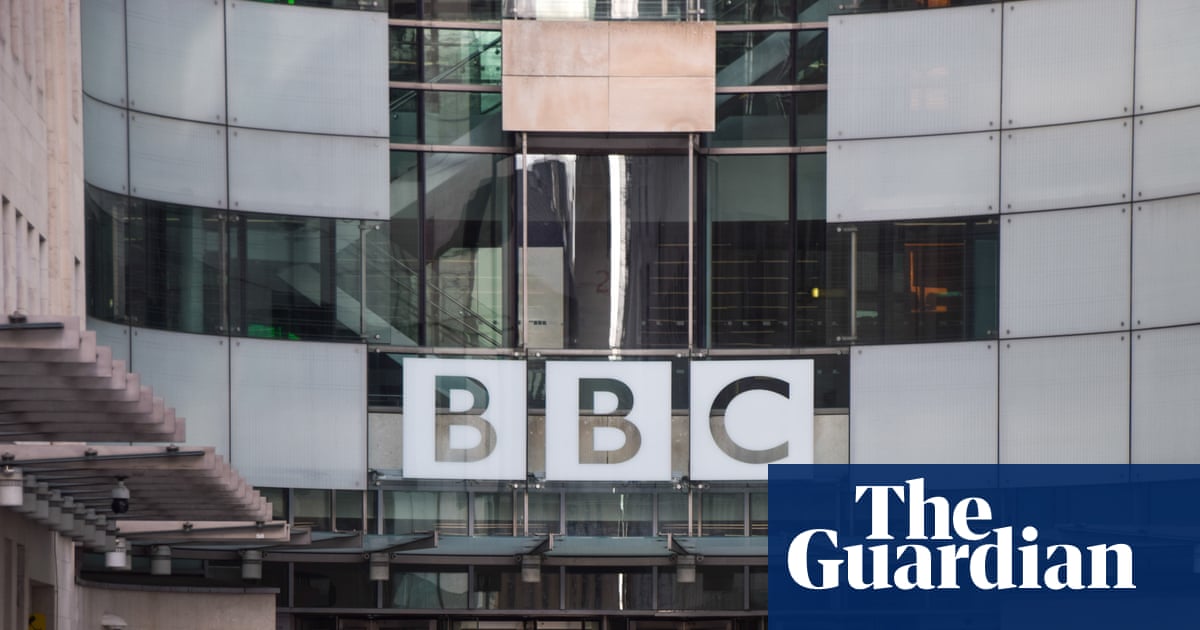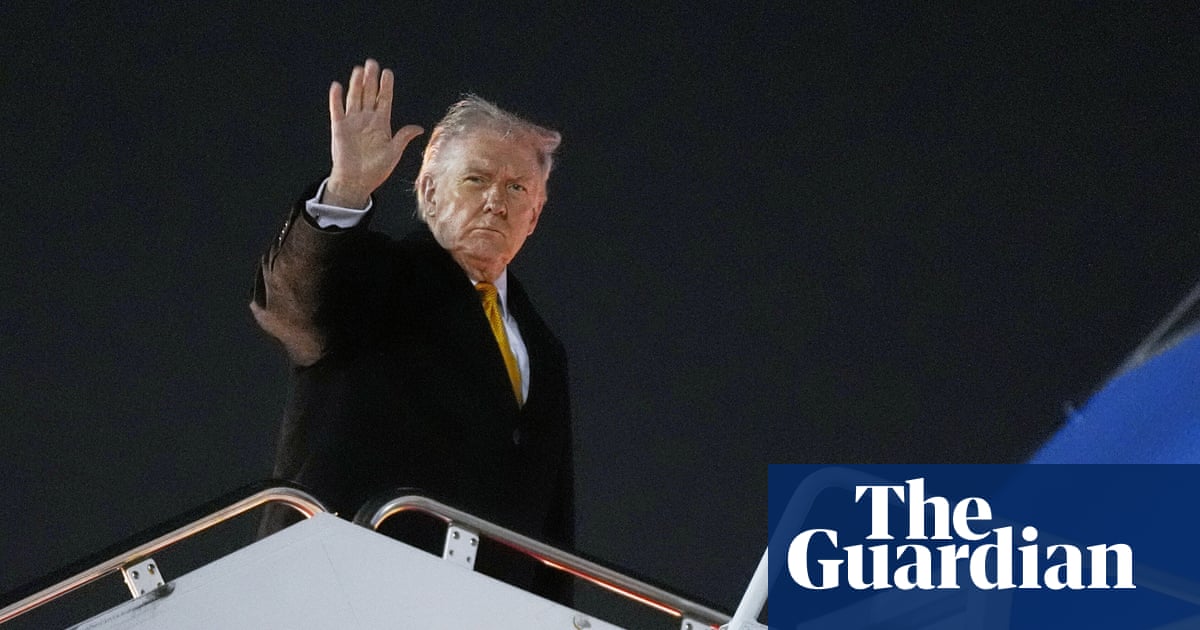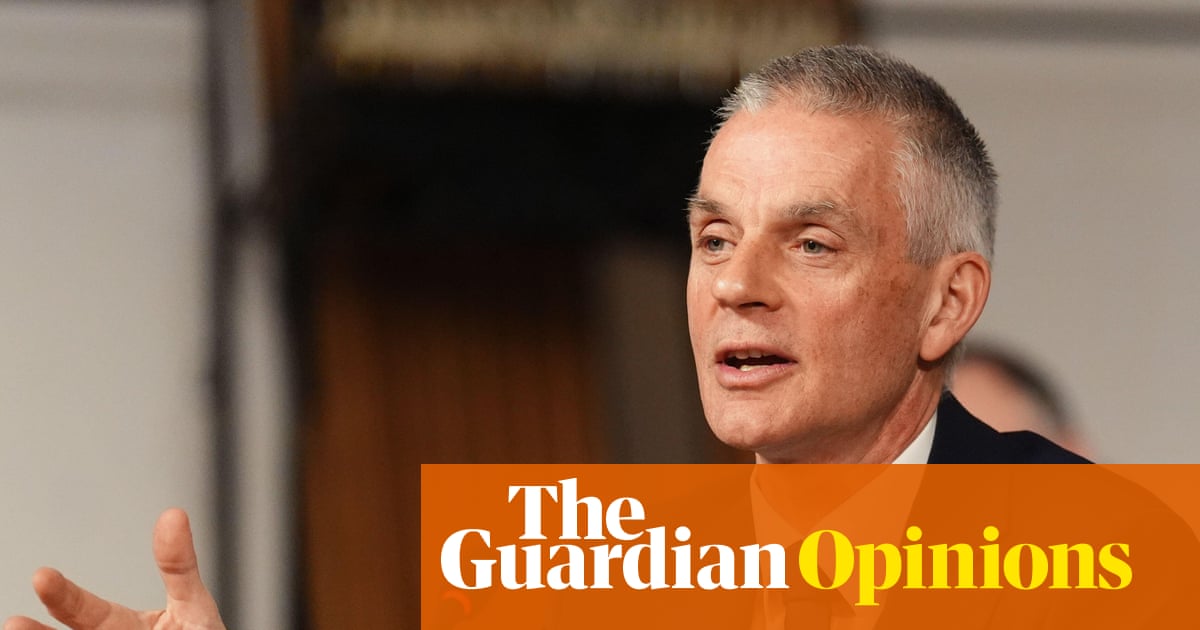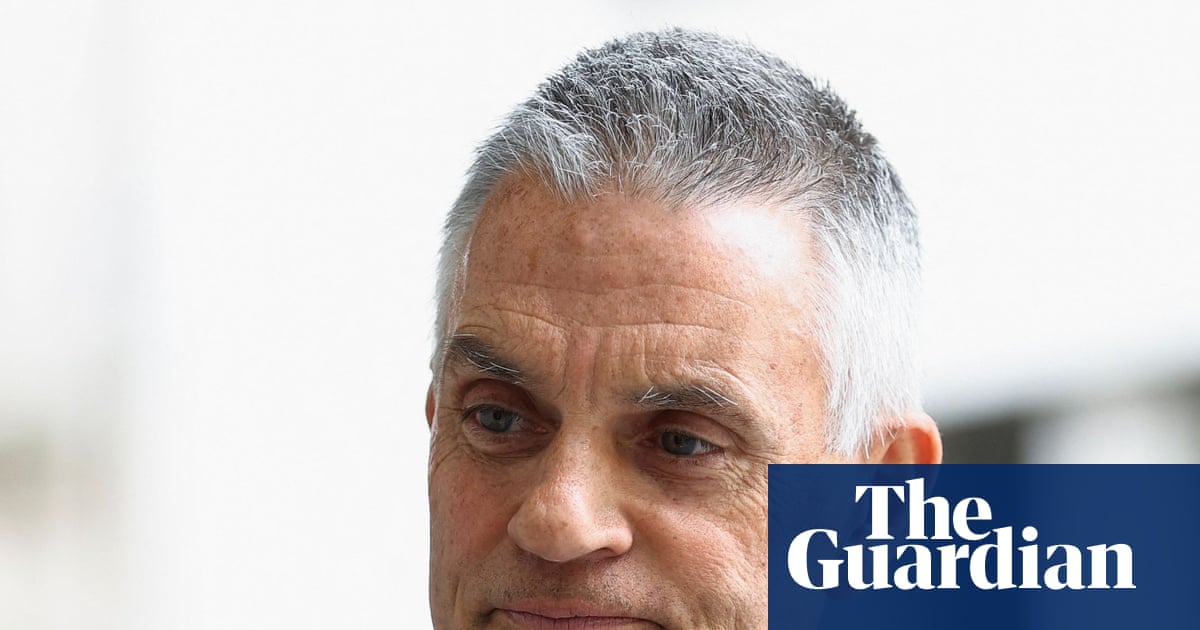The aim of Thursday’s Downing Street meeting between Sir Keir Starmer and Volodymyr Zelenskyy could not have been clearer. It was to send a strong visual political message to President Trump on the eve of his Alaska talks with Vladimir Putin. Neither the prime minister nor Ukraine’s president spoke publicly. The Ukraine leader was greeted with a hug and a handshake. The two men then talked in private by a vase of sunflowers, Ukraine’s national flower.
So much is at stake in Ukraine and so great is the urgency that European leaders have moved fast and determinedly this week – not something one can often say. The aim is to remind Mr Trump that Europe stands with Ukraine against Russia. The solidarity has been well choreographed – and tightly scripted. No leader has said anything that might provoke Mr Trump. Whether the US president will take any notice, let alone serious notice, is something else. That will only become clear in and after Alaska.
Whatever the outcome, this is a pivotal moment not just for Europe but for Sir Keir’s foreign policy approach – and his domestic policies too. In the year and more since he became prime minister, Sir Keir has been faced with huge global challenges in Ukraine, the Middle East, and in relations with the United States. These have occupied an enormous amount of his focus. They have been issues which play to his strengths. But, judging by the opinion polls, it has not impressed the public.
The Alaska summit will shed some light on whether this effort has been worth it in terms of Ukraine’s independence and the threat from Russia. But it will also be pivotal because the government is currently being so heavily stress-tested at home on major issues ranging from the economy to migration and the welfare state. Foreign and domestic policy may once have been conveniently – if not wholly – separable problems. In the interconnected, technologically driven world of today, the two things are umbilically connected.
In his national security strategy, published in June, Sir Keir acknowledged this. He called ours “an era of radical uncertainty”. It must, he said, be navigated with “agility, speed and a clear-eyed sense of the national interest”. This meant, he continued, that foreign policy must answer to “the concerns of working people”. Wars drive up their bills. Cyber-attacks undermine their public services. Criminals smuggle illegal migrants across borders. Higher living standards must therefore become a national security goal. The need, he concluded, is “to bring foreign and domestic policy together”.
This may sound sensible. The problem is that it has not been done, let alone with political agility. Policies do not become unified just because someone, even the prime minister, decrees that they should be. A government has to choose how best to unify them. This is where Sir Keir is currently failing.
When he says the overriding European security need is to invest in collective defence, he is right. But the current consequence for the working people whose interests Sir Keir places at the centre of his strategy is that their bills are higher and their welfare and spending programmes are reined in to help pay for it. This either-or approach is proving disastrous. It has prepared a path for Reform UK’s closed-door, Britain-first promises. This has to change. Sir Keir needs to start changing either-or into its alternative – and prioritise both defence and higher living standards.

 2 months ago
134
2 months ago
134

















































